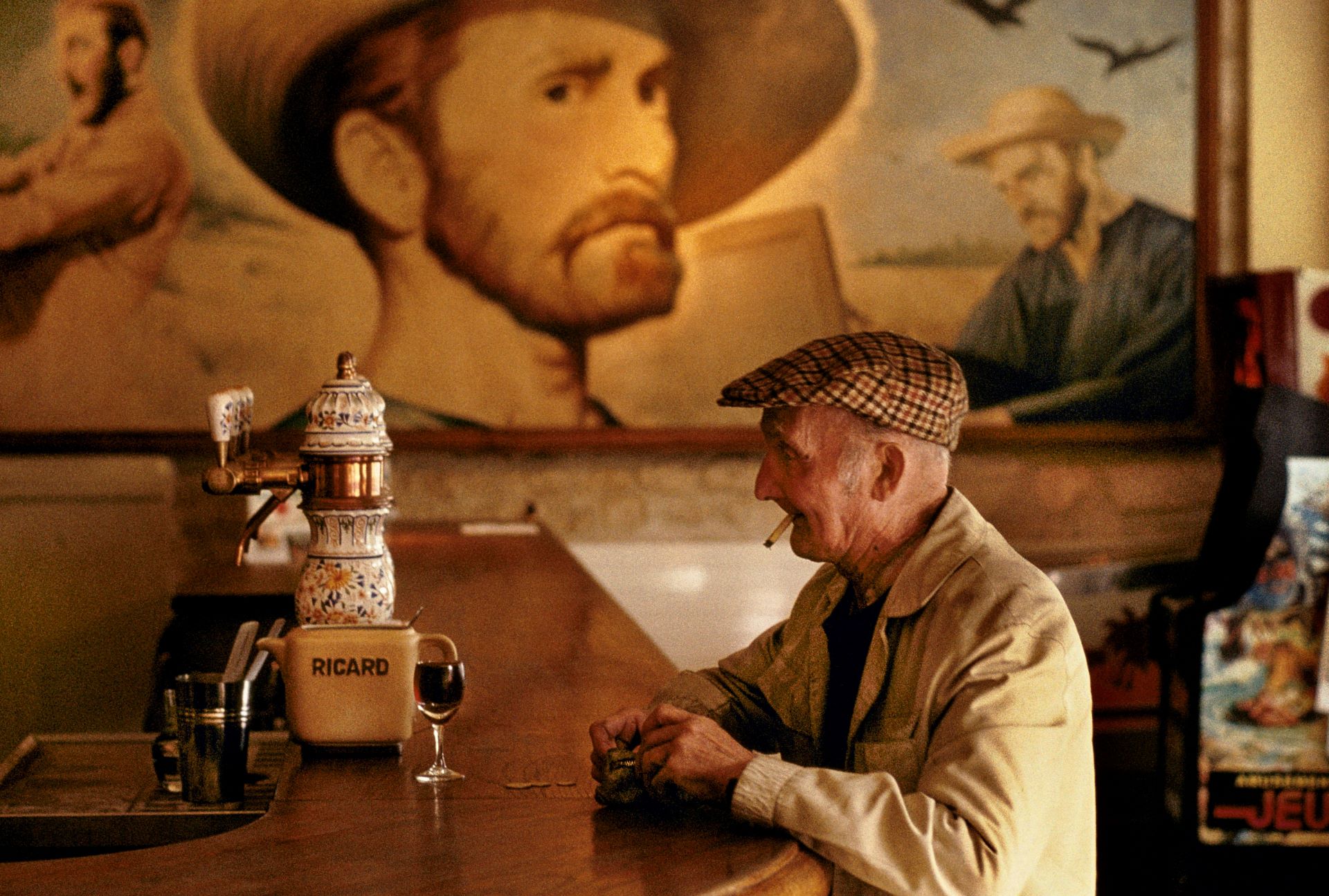Reach for the pastis, Jacques. A law is making its way through the French parliament to relax alcohol licensing, to make it easier to open bars and cafes in French towns and villages. French politicians are desperate to try anything to stimulate commerce in villages that are dying, the life sucked out of them by shopping centres with everything just five minutes away in the car.
That more bars will be helpful is likely to be wishful thinking. The days when the Café de la Paix was at the centre of village life are long passé.
It is easy to over-sentimentalise the role of the café in France’s 40,000 small towns. Even the coffee was mostly terrible. I am still traumatised by my memory of the Café du Commerce, on my first trip to France, with my parents and siblings, in around 1964. There was a miasma of Gauloises, which at least concealed the smell from the bogs. The food was disgusting, some kind of mystery meat, probably horse. When it came time to empty the children, before returning to my father’s Ford Zephyr, the full horror was unveiled. Someone had apparently stolen the toilet. There was a foul hole instead. The only compensation, through the eyes of a child, was that instead of Coca-Cola, they had a soft drink called Pschitt, which was hugely amusing.
It is therefore only good news that the number of village cafes in France has fallen from around 200,000 in 1960 to possibly 36,000 now. It’s not obvious to me that the business model is viable anymore.
I have observed over the years, as a regular visitor and now resident, that the French have raised their game on the plumbing. A visit to Leroy Merlin is merely one point of confirmation. Pastis and a cigarette is out for breakfast, skinny lattes are in. Perhaps with a bagel, in the tonier quarters. Here in the southern vineyard empire, the meal of last resort is McDonald’s. We still have a café/bar in my village. There used to be two. They’ve bought some new furniture. A gigantic TV set. Painted. It’s not really a bar anymore, more of a restaurant, which also does tolerable coffee. There’s still a fairly vile pissoir out back, but they do a good prix fixe at lunchtime and it’s fun to watch the rugby there with the locals. I wouldn’t say it’s the centre of village life.
The new law, if passed, won’t make a great deal of difference in my village. The new legislation would allow café owners in rural towns with fewer than 3,500 inhabitants that do not already have a type-4 bar to request a brand-new permit instead of waiting for an old one to become free. It is difficult to estimate how many villages could benefit from such a law, but 31,000 out of 35,000 rural municipalities have fewer than 3,500 inhabitants, according to the association of French mayors.
The problem in France and doubtless elsewhere is that now almost everyone has cars, it’s just ridiculously easy to get everything you need at the shopping centre.
My own village of 2,600 people is so far weathering the storm in better shape than most. We have a busy pharmacy, a decent butcher and grocery store, a tabac, a post office, two restaurants and a bakery, in addition to the bar. There’s a small weekly market. But we’ve lost two bakeries, the fruit and vegetable shop has gone and the post office has reduced its hours.
In Berlin they turned empty shops into offices and galleries. I’ve proposed doing that here
I was a councillor for five years here and my biggest worry was how to protect the village from becoming no more than a dormitory. A couple of years ago, when I visited the place of my birth, a small town in Saskatchewan, I spent the morning with the mayor there who had exactly the same preoccupation with a stagnant centre.
Is there a secret sauce that could help stimulate economic activity in villages that are everywhere facing the suck suck suck of commercial centres? A cafe doesn’t seem likely to cut it.
In Berlin they turned empty shops into offices and galleries. I’ve proposed doing that here, offering empty shops for peppercorn rents to artists and small businesses. I’ve not made much progress. Meanwhile, the shopping centre in nearby Roujan has just doubled in size.
Experiments with more bars in France, or 15-minute cities in Britain, don’t overcome the problem. Bars in France like pubs in Britain are struggling because people don’t patronise them. Small towns should be very agreeable places to live and do business, especially here in France with our fabulous fibre optic network. A much smarter strategy is needed if these places are not to become dead.









Comments